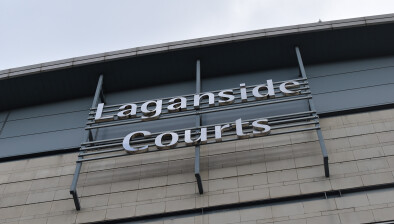NI: Legislation to create stalking offence introduced

Naomi Long
Draft legislation to create a specific offence of stalking and provide for the introduction of stalking protection orders in Northern Ireland has been brought to Stormont.
The 20-clause Protection from Stalking Bill introduced by Justice Minister Naomi Long yesterday marks a major step forward in a process that began with a review of the law launched nearly five years ago.
As well as a specific offence of stalking, it includes an offence of threatening and abusive behaviour that can be made out after a single incident.
It provides that all victims of stalking will have automatic eligibility for special measures assistance, such as the use of live links or screens at court, when giving evidence in proceedings.
Stalking protection orders will provide protection to a person at risk of stalking by way of an application to the court by police if it appears that a person has carried out acts associated with stalking or poses a risk associated with stalking to another person, and there is reasonable cause to believe the order is necessary to protect another person from such risk.
Mrs Long said: “Since becoming Justice Minister, I have identified progressing stalking legislation as a key priority for me and for my Department. I want to send a clear message that stalking in all its forms will not be tolerated in society.
“This bill will create a specific offence of stalking that will address behaviour or acts associated with stalking, something the current law does not do effectively. The new legislation will be better focused on stalking behaviour and will have greater and more appropriate penalties and protections than are available under current harassment legislation.”
She added: “The introduction of stalking protection orders will be a key tool for police. These orders will enable them to intervene, prior to any conviction, to address stalking behaviours before they become entrenched or escalate in severity, and to protect victims when there is an immediate risk of harm.”








